Product Description
The Irdroid USB IrDA transceiver allows you to interface with equipment that communicates via IrDA SIR protocol. Supported operating systems – Windows 7, Windows 10, Windows 11 and Linux. Works with irDA Medical Instruments – ZOLL AED PRO and ZOLL AED Plus. Works with dive computers from UWATEC and Subgear!
Features:
- – Complete solution for IrDA communication on any modern system
- – Supports with IrDA® Physical Layer Specification (version 1.3)
- – Supports Windows 7, Windows 10 and Windows 11, Linux
- – High quality infrared transceiver
- – Up to *2 meters IrDA SIR communication
- – Supports baud rates from 9600 – 115200 bps
- – USB-A male connector
Example Usage:
- – Medical instruments with irDA port
- – Dive computers with irDA port
- – Interfacing with irDA PDAs
- – irDA field communications
- – Data communication
Package contains:
- – 1x Irdroid USB IrDA transceiver
The USB irDA transceiver comes factory configured for 9600 baud rate serial communication. Baud rate can be changed by using the on-board switch (or via solder jumpers) and sending specific HEX commands toward the onboard mcp2120 for changing the baud rate setting.
Changing the Baud rate:
The USB irDA Transceiver SIR baud rate by sending can be changed using a specific control command when the irDA module is in command mode (by using the on board switch.) Please refer to MCP2120 datasheet for more information on switching the serial baud rates.
Below is a link to a blog post that explains changing the irDA SIR Baud rate in software and hardware:
USB irDA Transceiver Windows 10 Setup
USB irDA Transceiver with a dive computer from UWATEC
Downloads:
- – Driver for Windows 7, Windows 10 and Windows 11
- – Detailed Installation instructions for Windows 11 Enterprise 24H2
- – Driver Installation guide for Windows 7
- – Driver Installation guide for Windows 10 and Windows 11
- – Driver for Linux (for old kernels; pre-3.14.x)
- – Driver for MAC
- – Driver for Android
- – [Important] Disable irda image transfer in infrared settings in Windows
Documents:
A GitHub gist, describing how to use the module with the Linux IrDA protocol stack:
IrDA data communication demonstration on Ubuntu, Linux kernel version 4.15



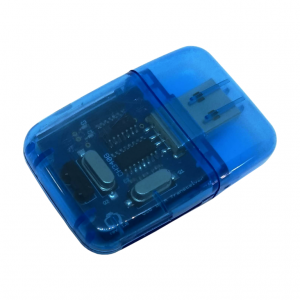
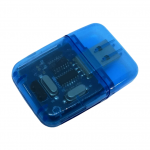
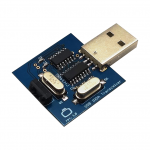
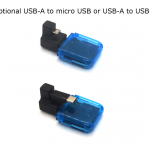
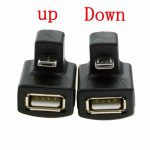
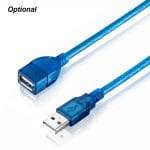
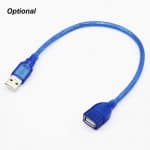
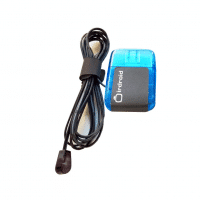


 USB Infrared Transmitter v3
USB Infrared Transmitter v3  Irdroid USB irDA adapter
Irdroid USB irDA adapter  Digital Signage Infrared Kit for Raspberry Pi
Digital Signage Infrared Kit for Raspberry Pi 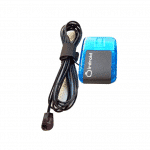 USB Infrared Transceiver for Digital Signage
USB Infrared Transceiver for Digital Signage  Digital Signage Infrared (IR) Development Kit
Digital Signage Infrared (IR) Development Kit